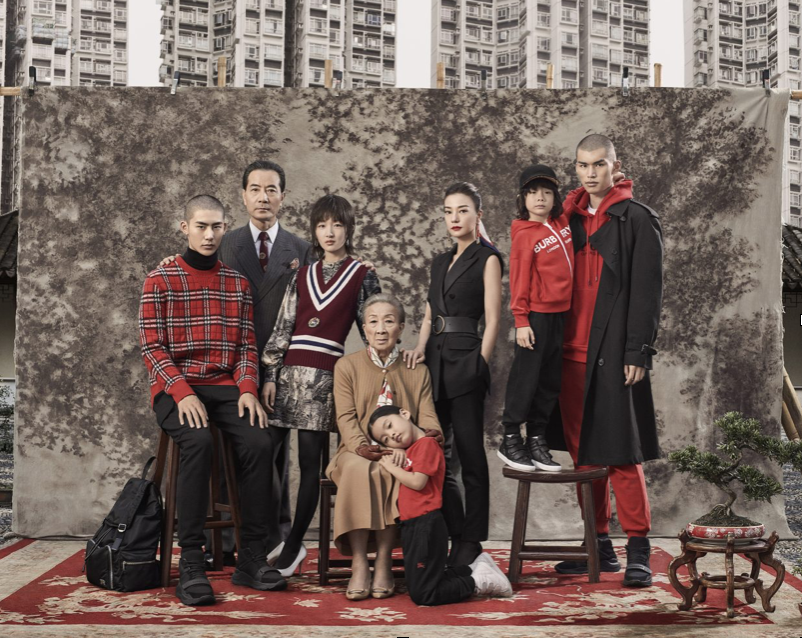Observing China Through a Western Lens
Screenshot 2019-02-06 at 11.52.03
artmarketwatch5-14-12
Screenshot 2019-02-06 at 12.05.24
Screenshot 2019-02-06 at 11.07.01
Screenshot 2019-02-06 at 11.08.40


Screenshot 2019-02-06 at 11.52.03

artmarketwatch5-14-12

Screenshot 2019-02-06 at 12.05.24

Screenshot 2019-02-06 at 11.07.01

Screenshot 2019-02-06 at 11.08.40